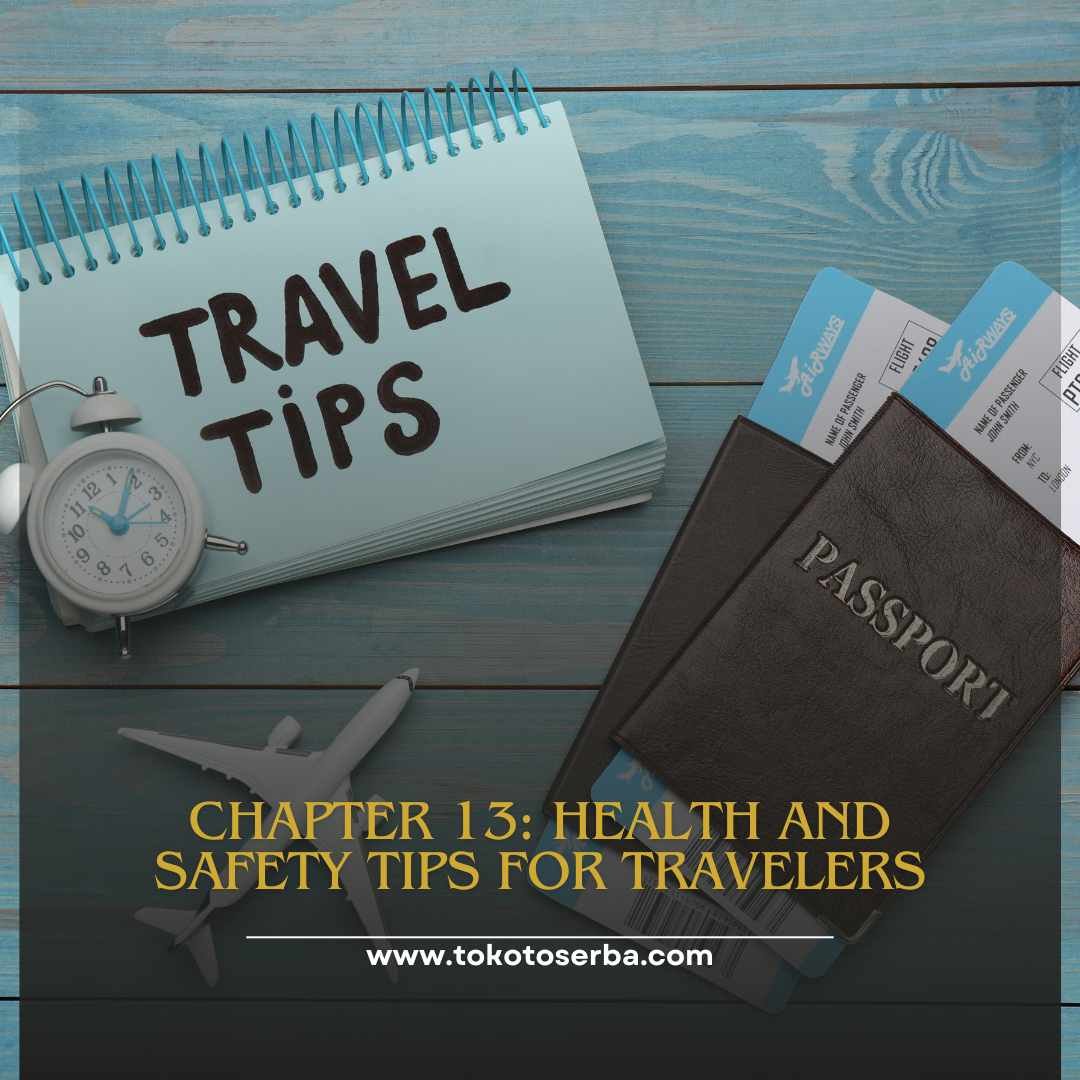Chapter 13: Health and Safety Tips for Travelers
Ensuring your health and safety while traveling in Bali is paramount to enjoying a worry-free and memorable trip. While the island is generally safe for tourists, it’s essential to be aware of potential health risks and take precautions to stay healthy and safe throughout your stay.
One of the most important health considerations for travelers to Bali is staying hydrated and protecting yourself from the sun. Bali’s tropical climate means temperatures can soar, especially during the dry season, so be sure to drink plenty of water, wear sunscreen, and seek shade during the hottest parts of the day to avoid heatstroke and dehydration.
Another health concern for travelers to Bali is mosquito-borne illnesses such as dengue fever and malaria. To reduce your risk of mosquito bites, use insect repellent containing DEET, wear long-sleeved clothing and pants, and sleep under mosquito nets, especially in rural areas and during the rainy season when mosquito activity is highest.
Food and water safety are also important considerations for travelers to Bali. While the island offers a tantalizing array of culinary delights, it’s essential to exercise caution when eating street food and dining in local restaurants to avoid foodborne illnesses. Stick to freshly cooked foods served hot, avoid tap water and ice cubes made from untreated water, and opt for bottled or boiled water to stay hydrated.
Travelers should also be mindful of potential hazards such as traffic accidents and petty crime while exploring Bali’s streets and tourist areas. Practice road safety by wearing helmets when riding motorbikes or bicycles, and exercise caution when crossing busy roads. Keep your valuables secure and be vigilant against pickpockets and scams, especially in crowded areas and tourist hotspots.
In terms of health care, Bali has a number of hospitals and clinics that cater to tourists, particularly in popular tourist areas such as Kuta, Seminyak, and Ubud. However, medical facilities outside of these areas may be limited, so it’s wise to purchase travel insurance that covers medical emergencies and evacuation in case of serious illness or injury.
In this chapter, we’ll explore essential health and safety tips for travelers to Bali, including advice on staying healthy, avoiding common health risks, and staying safe while exploring the island’s attractions. By taking proactive measures and being informed about potential risks, you can enjoy a safe and enjoyable trip to the Island of Gods.












